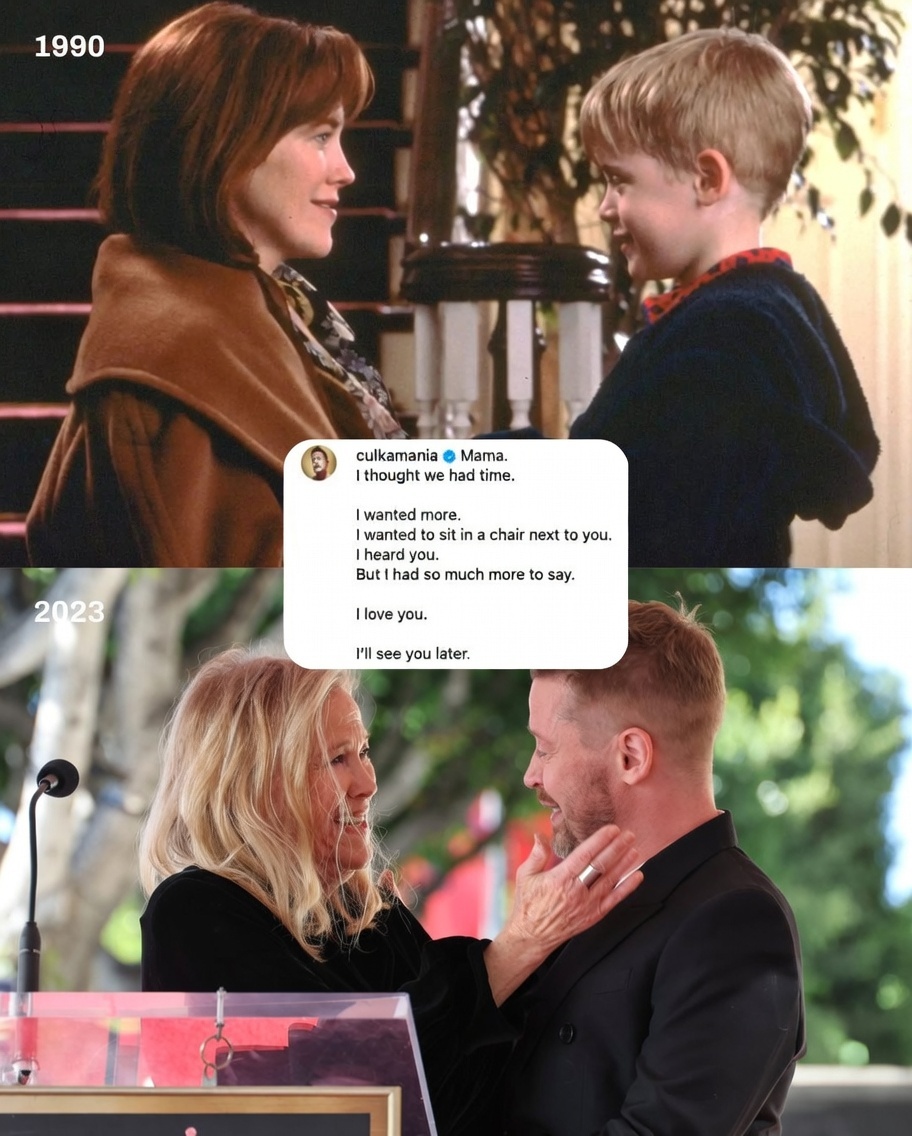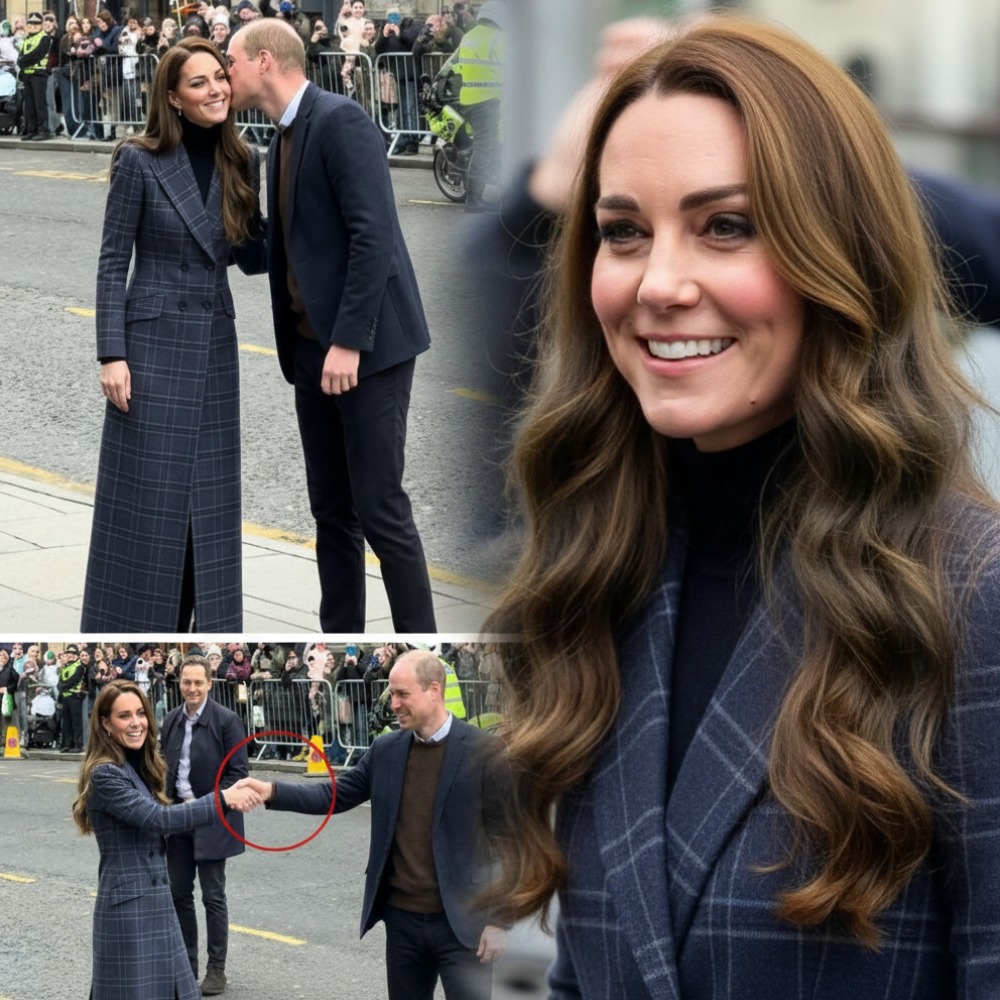
The gritty, pulse-pounding crime drama Dept. Q is set to return for a second season, and fans are already buzzing with anticipation for what promises to be an even darker and more twisted chapter. The show, centered on the troubled yet brilliant Detective Chief Inspector Carl Morck and his eclectic team, known affectionately as “Team Doolally,” captivated audiences in its first season with its raw emotional depth, intricate plotting, and a knack for keeping viewers guessing. Now, with Season 2 on the horizon, the stakes are higher than ever, as a mysterious doppelgänger suspect emerges and Morck risks falling back into the psychological labyrinth that defined his Season 1 journey. Here’s what we can expect from this thrilling continuation, set against the moody backdrop of Edinburgh’s cold case unit.
In its debut season, Dept. Q introduced us to Carl Morck, a detective haunted by a traumatic shooting that left his partner paralyzed and another officer dead. Tasked with leading Department Q, a unit dedicated to solving cold cases, Morck assembled an unlikely crew, including the enigmatic Syrian refugee Akram Salim and the sharp-witted Rose. Together, they unraveled the chilling four-year-old disappearance of prosecutor Merritt Lingard, a case that wove together personal vendettas, institutional corruption, and shocking revelations. The season’s success lay not only in its tightly wound mystery but also in the chemistry of its misfit team, whose banter and evolving bonds provided a heart amidst the darkness. The show’s Edinburgh setting, with its stark landscapes and brooding atmosphere, became a character in its own right, amplifying the tension of each episode.
Season 2 promises to dive even deeper into the psyche of Carl Morck, a man whose arrogance and sarcasm mask a deep well of guilt and trauma. The first season saw him grappling with PTSD, navigating therapy sessions with Dr. Rachel Irving, and piecing together fragmented memories of the Leith Park shooting that shattered his life. Now, whispers of a new case suggest Morck will face a challenge unlike any before: a suspect with an uncanny resemblance to someone already in his crosshairs. This doppelgänger twist introduces a layer of psychological intrigue, forcing Morck to question his instincts and confront the possibility that he’s chasing a shadow—or worse, a mirror image of a killer who’s always one step ahead. The idea of a lookalike criminal adds a surreal, almost noir-esque quality to the narrative, promising to blur the lines between reality and deception.
What makes this development so compelling is its potential to destabilize Morck’s already fragile mental state. Season 1 was a masterclass in building tension through Morck’s internal struggles, as flashbacks and therapy sessions peeled back layers of his guilt and self-doubt. If he’s drawn back into a similar “mind-bending spiral,” as hinted, the consequences could be catastrophic—not just for him, but for the entire team. Will Morck’s obsession with this new case fracture the trust he’s built with Akram, Rose, and others? The first season showed how his relentless drive to solve the Lingard case pushed his team to their limits, and a repeat of that cycle could lead to irreparable rifts. The doppelgänger element only heightens the stakes, suggesting a case that’s as much about unraveling Morck’s psyche as it is about catching a killer.
The return of Team Doolally—Morck, Akram, Rose, and potentially Hardy—is a major draw for fans. Each member brought something unique to the table in Season 1: Morck’s sharp intellect, Akram’s unconventional methods, Rose’s tenacity, and Hardy’s emotional weight as a paralyzed former partner. Their dynamic, marked by witty exchanges and moments of vulnerability, was a highlight of the series, balancing the grim subject matter with flashes of humanity. Season 2 is likely to explore their personal lives further, particularly Akram’s mysterious past as a Syrian refugee and father, which was only hinted at previously. There’s also buzz about delving into Morck’s unconventional home life, where he navigates a complex dynamic with his stepson Jasper and lodger Martin. These personal threads promise to ground the high-stakes crime drama in relatable, messy human connections.
The new season’s plot is expected to draw inspiration from the second book in Jussi Adler-Olsen’s Department Qseries, which the show is based on. While the novels are set in Copenhagen, the TV adaptation relocates the action to Edinburgh, infusing the story with a distinctly Scottish flavor. The second book centers on a decades-old murder of a brother and sister, tied to secrets within an elite boarding school and buried family trauma. This case, like the first season’s, will likely blend a cold case with a current investigation, keeping viewers on edge as past and present collide. The doppelgänger suspect could tie into this narrative, perhaps as a figure from the past resurfacing in a chillingly familiar form, or as a new player manipulating the team’s perceptions. Either way, the case promises to be a labyrinth of clues, red herrings, and shocking twists.
Edinburgh’s role as the backdrop will likely remain a standout feature. The city’s cobbled streets, looming tenements, and windswept docks provided a haunting canvas for Season 1, and Season 2 is set to continue filming there. The gritty realism of the setting, combined with the show’s moody cinematography, creates an atmosphere where danger lurks around every corner. Expect late-night stakeouts, tense interrogations, and moments of quiet reflection as Morck and his team navigate both the city and their own demons. The show’s ability to weave these elements together—personal drama, psychological complexity, and a vividly realized setting—sets it apart in the crowded crime drama genre.
Another layer of intrigue comes from the unresolved threads of Season 1, particularly the Leith Park shooting. While the Lingard case was closed, questions about who shot Morck, Hardy, and the rookie officer Anderson lingered. Hints of corruption within the police force and Morck’s suspicions about Anderson’s involvement suggest that Season 2 could revisit this mystery, intertwining it with the new case. The doppelgänger suspect might even connect to this past trauma, forcing Morck to confront enemies both external and internal. This interplay of old wounds and new dangers ensures that Dept. Q remains a character-driven story, where the cases are as much about the investigators as they are about the crimes.
As Dept. Q gears up for its second season, the anticipation is palpable. Team Doolally’s return, coupled with a doppelgänger-driven mystery and the threat of Morck’s psychological unraveling, promises a season that’s darker, bolder, and more unpredictable than the first. Fans can expect the same blend of sharp dialogue, emotional depth, and jaw-dropping plot twists that made the show a global hit. Whether Morck can navigate this new case without losing himself—or his team—remains to be seen, but one thing is certain: Dept. Q Season 2 will keep us glued to our screens, questioning everything until the final frame.


